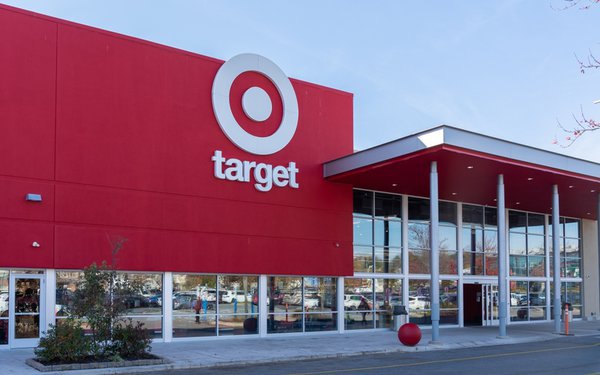
Target reported a 3.1% decline in
sales for the fourth quarter, with total revenue slipping to $30.9 billion from $31.9 billion in the prior year. While these results were better than expectations, the company warned of a challenging
quarter ahead, projecting a slight decline in February sales.
When discussing its latest earnings, Target did not cite the consumer-led boycotts sparked by its Jan. 24 announcement to scale
back DEI policies. Instead, the retailer attributed the slowdown to bad weather, economic uncertainty, and consumer concerns over tariffs. The fourth quarter ended Feb. 3.
Some early
indicators, however, suggest the boycott may be having an impact. A grassroots movement urged a February-long boycott of major retailers, including Target, in recognition of Black History Month. And
many consumers joined in the February 28 Economic Blackout. Preliminary data from Placer.ai shows that Target visits on Feb. 28 dropped 10.7% compared to the average of the previous five Fridays, with
February traffic down 9% year over year.
advertisement
advertisement
R.J. Hottovy, head of analytical research at Placer.ai, notes that many retailers experienced year-over-year declines in weekly visits throughout
February, pointing to post-holiday spending pullbacks, lower consumer confidence, and economic uncertainty as contributing factors. He emphasizes that isolating the specific impact of boycotts is
difficult, as most retailers saw traffic declines in line with recent trends.
Placer.ai data shows that Walmart, Starbucks, McDonald’s, and Best Buy also saw February declines compared
to 2024, albeit not as marked as those experienced by Target. Meanwhile, Costco, which has continued its DEI initiatives, saw monthly traffic rise by 2.2% compared to February of last year.
Determining the broader impact of such boycotts remains complex. Captify, a search intelligence company, reports an 88% rise in searches related to companies that have made public statements about
DEI. However, sentiment analysis of these searches shows mixed results: In the last six weeks, Costco saw a 1.2% decline in sentiment, while JP Morgan, which has watered down its DEI policies,
experienced a 0.9% increase. Target’s sentiment slipped 0.6%.
The pressure on Target may persist. Dr. Jamal Bryant, a prominent Atlanta pastor, and other civil rights groups are calling
for an extended 40-day shopping “fast” from Target.
“Target seems to be challenged on many fronts,” says John Harmon, director of technology research for Coresight
Research. The company initially forecast flat fourth-quarter sales but later revised its expectations upward, citing stronger holiday performance. “But even with a 1.5% gain in comparable sales
for the quarter, that’s disappointing compared to Walmart,” Harmon notes.
Walmart, in contrast, posted a 5.1% sales gain for the same period, further highlighting the pressures
Target faces amid shifting consumer behavior and broader economic challenges.